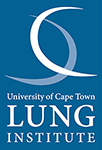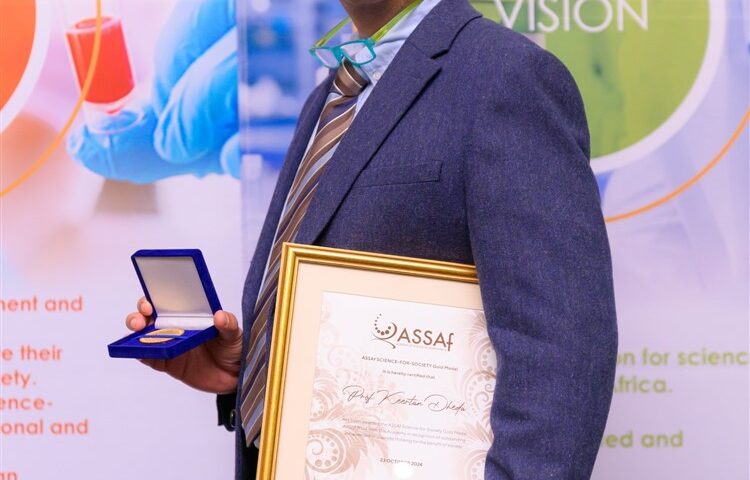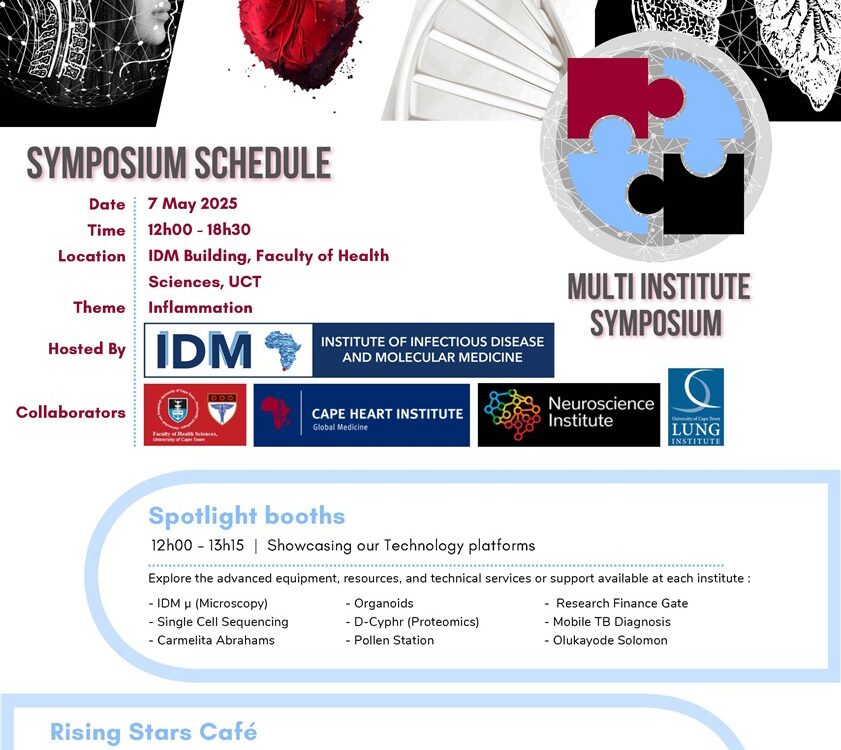Best Publication Clinical Sciences
5th November 2024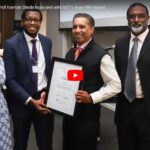
UCT’s Alan Pifer Award
18th December 2024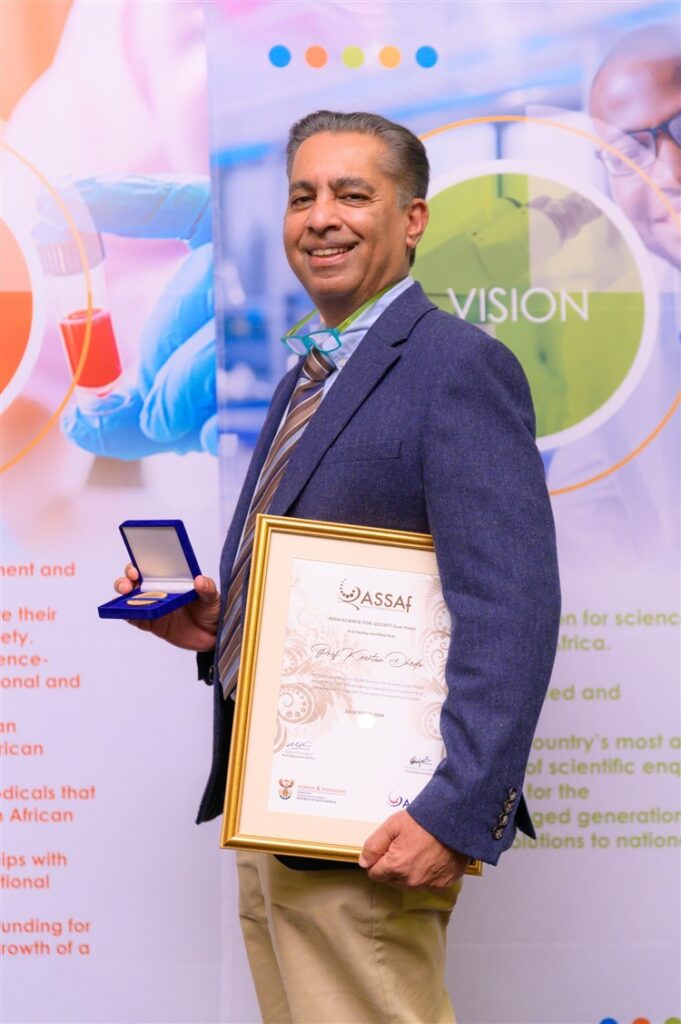

MEDIA RELEASE
ASSAf Science-for-Society Gold Medals for outstanding achievement ASSAf annually awards ASSAf Science-for-Society Gold Medals for outstanding achievement in scientific thinking to the benefit of society. This year the awards were presented to two eminent scientists, Prof Saleem Badat and Prof Keertan Dheda, at its Annual Awards Ceremony held on 23 October 2024.
Prof Saleem Badat is a university leader, critical sociologist, scholar, higher education policy specialist and activist. He uses scientific knowledge and activity – his own and that of others – as a common ground to inform his research on social reproduction and transformation, structure and human agency, domination and liberation, and the decolonization and transformation of universities and society. Saleem’s embrace of the early 1970s radical ‘Revisionist’ school, critical theory and critical university studies shaped his commitment to ensuring that university education is an ennobling adventure and a formative intellectual and social experience that is available to all with the necessary talent. His scholarly understanding combined with anti-apartheid political activism underpin his profound commitment to knowledge and universities, equity, diversity and inclusion, non-racialism and non-sexism, social justice and the transformation of universities. Hence his books on exceptional but forgotten persons who were banished under apartheid and on neglected non-racial tennis players, his passionate promotion of effective support for promising early career scholars, and his mentoring of many Humanities scholars. Saleem is Research Professor in the Department of History at the University of the Free State. Between 2014 and 2019, he was the first Programme Director of International Higher Education & Strategic Projects at the Andrew W. Mellon Foundation in New York. His R1 billion in grant making supported innovative scholarship and many hundred postgraduate students and postdoctoral fellows in the Human Sciences at universities globally, but especially in Africa and the Middel East. 13 Prior to that, from 2006 to 2014, Saleem was vice-chancellor of Rhodes University. In 1999, he became the first Chief Executive Officer of the Council on Higher Education (CHE), a post he held until 2006. He began his academic career in 1989 at the University of the Western Cape (UWC), where he become the Director of its Education Policy Unit. In 2004 the University of the Free State awarded him an Honorary Doctorate to recognize his ‘outstanding achievements in the shaping of policies and practices’ in higher education. Honorary doctorates followed, from the University of York in 2008 and Rhodes University in 2015. In 2008, Inyathelo conferred on him its Exceptional Philanthropy Award for excellence and leadership in Personal South African Philanthropy.
Prof Keertan Dheda is the Chair and Head of the Division of Pulmonology at the University of Cape Town and the Respiratory Service at Groote Schuur Hospital, and the Director of the Centre for Lung Infection and Immunity, a fully accredited research unit at the University of Cape Town and the UCT Lung Institute. He also co-holds a full Professor of Mycobacteriology and Global Health position at the London School of Hygiene and Tropical Medicine. Dheda is currently a South African National Research Foundation (NRF) ‘A1’ rated scientist (recognised global research leader). His main research interest is the study of lower respiratory tract infections including COVID-19 and tuberculosis. There are 2 focus areas: (i) the utility and impact of point-of-care diagnostics and (ii) determinants driving the amplification of the antimicrobial resistance. He firmly believes that combining cutting-edge research with clinical prowess gives him a good perspective of knowing what we ‘have’ versus what we need to ‘do’ in TB and respiratory infection-orientated research. He has published over 385 peer-reviewed papers in prestigious journals, and his work has been cited over 47 000 times, demonstrating his ability to disseminate extensive knowledge, inspiring and educating the next generation of researchers in text form. Dheda also holds 8 patents related to new TB diagnostic, therapeutic or infection control technologies, one of which is currently being developed as a user-friendly test for extra-pulmonary tuberculosis. Again, this depicts exceptionally innovative strategic thinking, and the skill to harness scientific research into usable tools that will ultimately improve the lives of patients. 15 In previous recognition of Dheda’s research leadership, he has been invited to lead reviews and Research Commissions in The Lancet and Lancet Respiratory Medicine, and has contributed to several invited editorials, forums, and commentaries to high impact journals. Dheda received an academic service commendation from the American Thoracic Society and has delivered Keynote Lectures at several international conferences including those of the American Thoracic Society, British Thoracic Society and the International Union Against TB and Lung Disease, amongst others. With TB prevailing as the most significant infectious disease killer known to humankind, and undetected individuals with TB overwhelmingly residing in areas associated with poverty and overcrowding, Dheda consistently directs his influence towards reducing TB burden in vulnerable communities, saving lives, alleviating suffering and improving social wellness. This can be seen not only in his projects and outreach activities, but also in his determination to inspire students, mentoring and training the next generation of African clinician-scientists who will follow in his footsteps. Dheda has, through his FreeOfTB charity, clinical and implementational research work, directly benefitted marginalized communities in Africa, truly demonstrating his commitment to changing society with science.
Academy of Science of South Africa (ASSAf)
ASSAf was inaugurated in May 1996. It was formed in response to the need for an Academy of Science consonant with the dawn of democracy in South Africa: activist in its mission of using science and scholarship for the benefit of society, with a mandate encompassing all scholarly disciplines that use an open-minded and evidence-based approach to build knowledge.
ASSAf thus adopted in its name the term ‘science’ in the singular as reflecting a common way of enquiring rather than an aggregation of different disciplines. Its Members are elected on the basis of a combination of two principal criteria, academic excellence and significant contributions to society.
The Parliament of South Africa passed the Academy of Science of South Africa Act (Act 67 of 2001), which came into force on 15 May 2002. This made ASSAf the only academy of science in South Africa officially recognised by government and representing the country in the international community of science academies and elsewhere.
